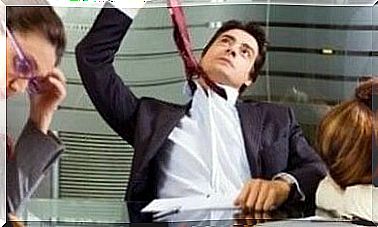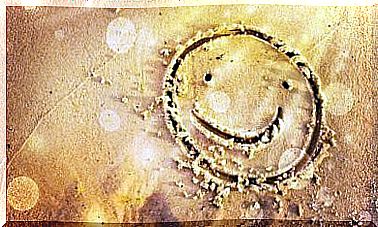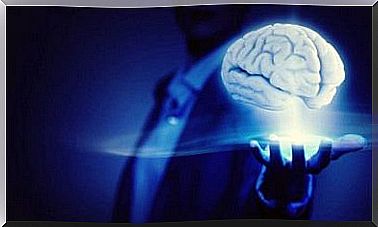Impulse Phobia: What It Is And How It Is Treated

Impulse phobia is the intense fear of following an impulse, losing control and harming oneself or others. Some diagnostic classifications consider impulse phobia as a variant of Obsessive Compulsive Disorder (OCD). It is, in fact, an intrusive thought that invades or kidnaps the subject’s mind and induces him to implement some type of behavior or thought (compulsion) in order to tame the anxiety caused by the thought itself.
Let’s see, below, how to recognize the impulse phobia and how it is treated.
How to recognize the impulse phobia?
From a clinical point of view, impulse phobia is considered a variant of OCD. However, regardless of whether we consider it a type of OCD or a phobia in itself, we are talking about a diagnosis characterized by intense fear of one’s own impulses.
The main clinical features that define this disorder are:
- Invasive thoughts that revolve around the possibility of following an impulse and losing control.
- The content of this thought anticipates an “aggression” towards oneself or towards others.
- Intense fear that comes from just experiencing these thoughts.
- Push to engage in preventative or avoidance behaviors to prevent these thoughts from coming true.

What are the most frequent impulses?
Those who go to a therapist and receive the diagnosis of impulse phobia are usually able to identify their problem. It is the kind of thought that triggers the fear of harming loved ones (partner, parents, children) or oneself (throwing oneself off the balcony or under the subway or swerving the car while driving on the highway). In any case, a fusion of thought and action is observed in the patient.
The impulse phobia usually follows a specific dynamic.
- The subject has a thought or image in which he “sees” himself following an impulse and losing control.
- This thought or image is assessed as catastrophic.
- Therefore, the person uses all the psychological resources in his possession to “erase” these thoughts or images.
- Since focusing on thinking is the wrong strategy, the anxiety triggered increases and the anticipatory thoughts become even more powerful.
- Finally, not being able to control the content of thoughts (no one is able to do it), the idea of loss of control takes force in the subject, making the fear more intense.
The most frequent consequences of impulse phobia
Any OCD or phobia (if the object of fear is present every day) causes a significant decrease in the patient’s quality of life.
This is a consequence of the fact that the subject strives to control fear and prevent anxious situations. Thus, gradually and without realizing it, he ends up giving up various aspects of his personal life. Much of his energy is directed towards trying to control fear.
At the same time, one of the main consequences of impulse phobia is the feeling that the enemy is within oneself. Being an egodistonic disorder (there is a dissonance between what the person thinks and wants), the self-request to control one’s thoughts is very high. The resulting feeling is one of fighting oneself.
In other words, the subject feels that the obsession and fear of his own impulses dominate his attention. At the same time it perceives them as external elements, therefore controllable. Failing in this task, he feels he is the source of his obsession, hence the feeling of “fighting what his head says”.
In the long run, this internal struggle causes anxiety and depression, which must also be addressed in therapy.

What treatment is there for impulse phobia?
Treatment for impulse phobia, whatever the object of the obsession (regardless of whether it involves harm to oneself or others) must always be psychological. It can be supplemented, if the anxiety is extreme, by a psychopharmacological treatment prescribed by a psychiatrist. In general, the therapeutic approach for this phobia follows the lines of treatment used for cases of OCD.
We say that it must always be psychological because the psychologist has the necessary training and experience for the patient to achieve changes in the following points (using different psychotherapeutic techniques).
Finally, it should be noted that although there are different psychological approaches in the treatment of impulse phobia, we only have studies on the effectiveness of cognitive-behavioral strategies.









